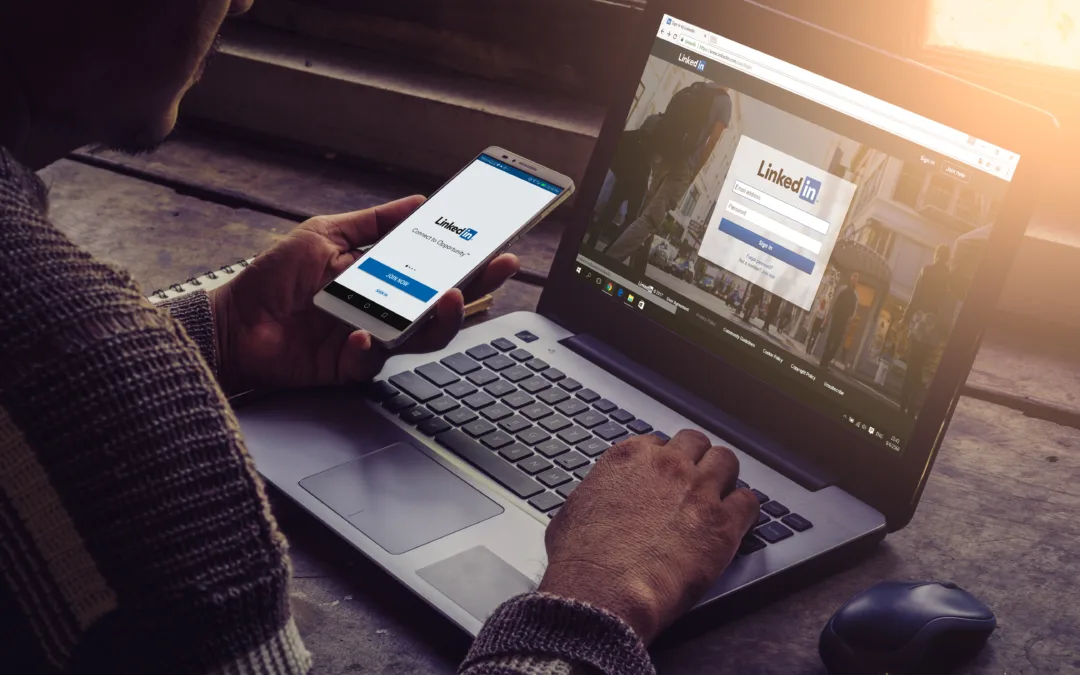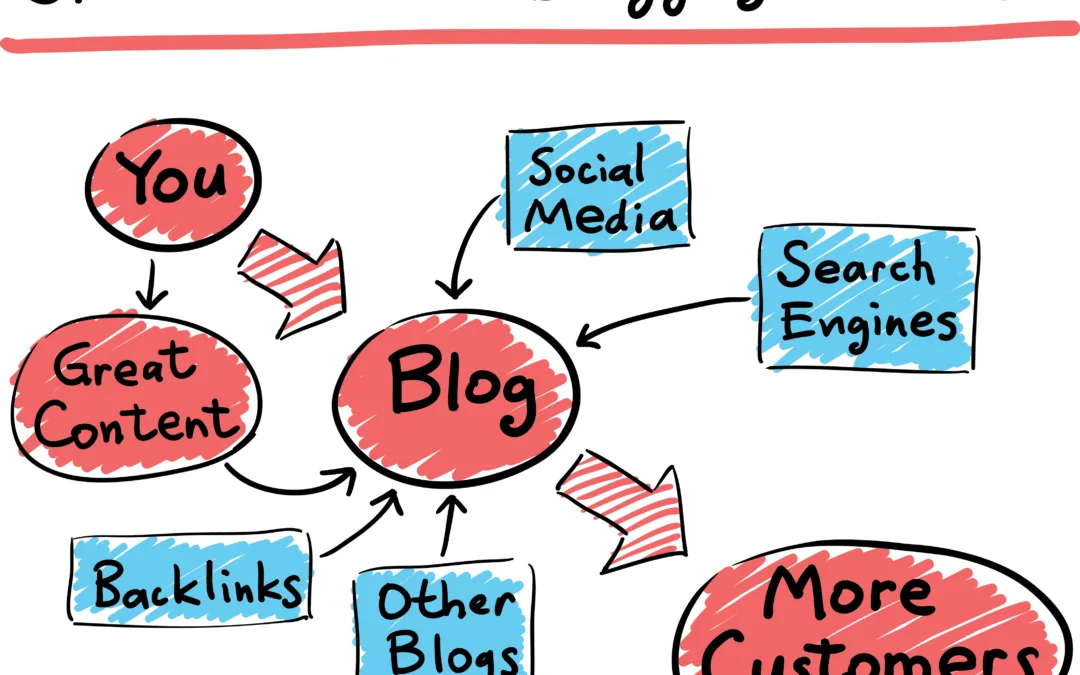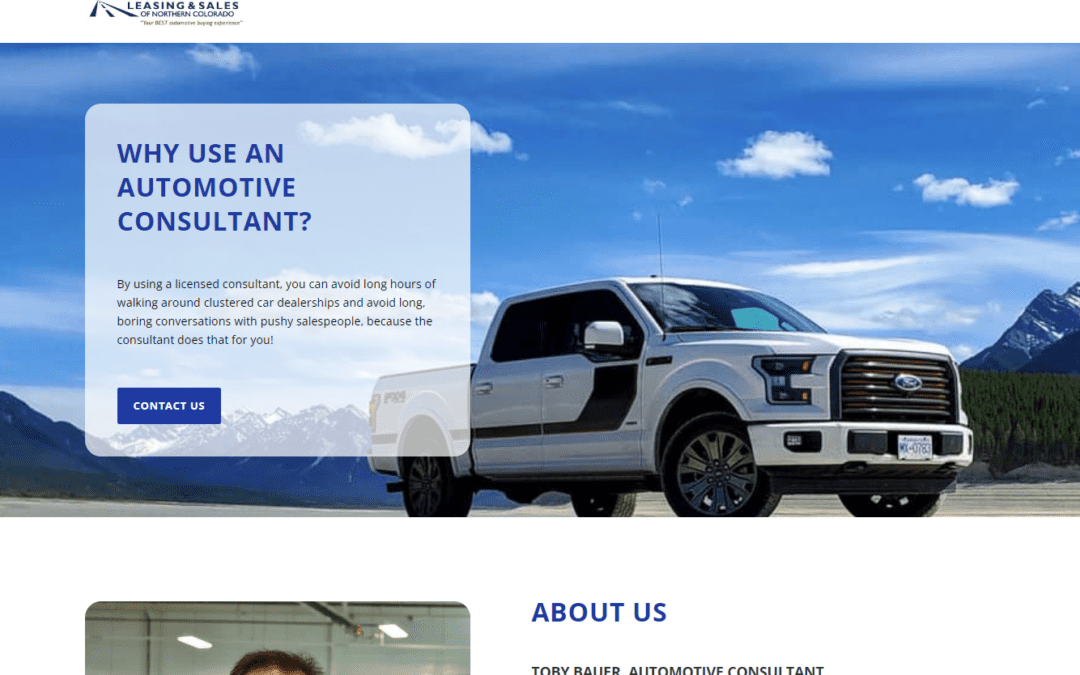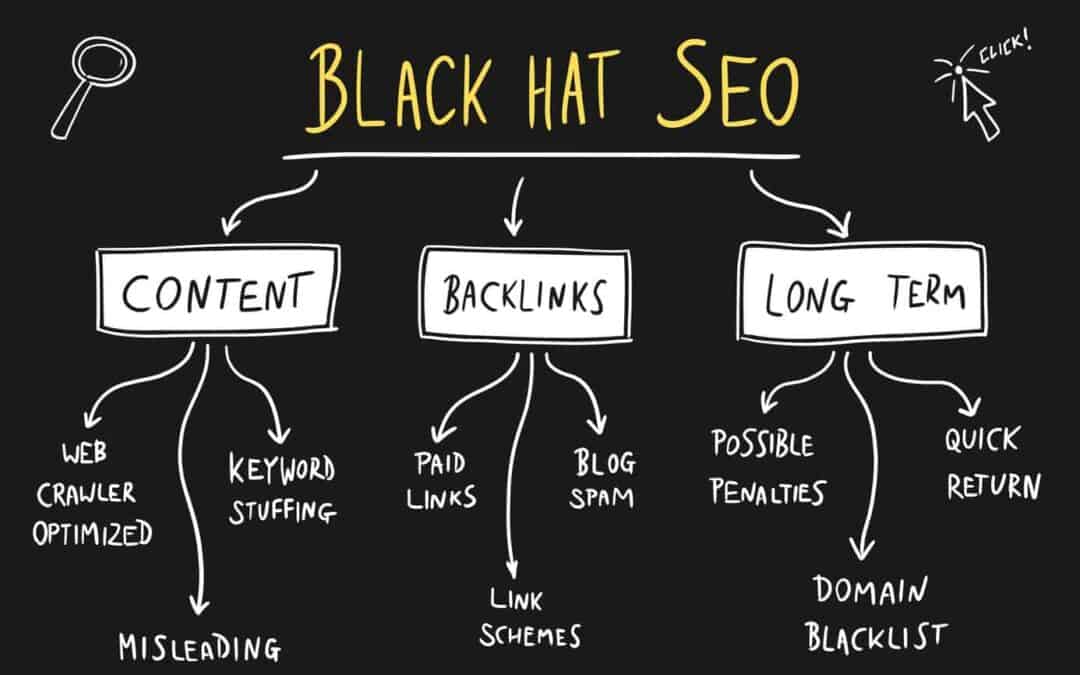In the ever-evolving landscape of B2B marketing, email continues to be a powerful tool for...

iPoint Insights (blog)

In the ever-evolving landscape of B2B marketing, email continues to be a powerful tool for...

In the dynamic realm of digital marketing, selecting the right B2B advertising methods is pivotal...

In the dynamic realm of digital marketing, businesses often grapple with the choice between...

Maximizing Conversions: The Power of Landing Pages Paired with DM Campaigns In the ever-evolving...

Landing Page Vs Microsite: Unveiling the Key Differences In the realm of digital marketing,...

Black Hat SEO is like getting a speeding ticket in the world of Marketing. It’s disapproved of, and if you get caught enough times, your website will be in some serious trouble, since most of the time it ends in a search engine ban. Yeah, that means you’’ go from a top ranker to totally black-listed…
There seems to be a plugin for everything these days… ones that better protect your website against spam, optimize your media file sizes, and ones that even allow users to make their own custom avatar. It may be tempting to download that plugin that promises to fix your current issue, but have you may have asked yourself: is installing plugins bad?
The short answer: sometimes. While there are plenty of useful plugins, playing around with them willy-nilly usually leads to issues.
But why?
Plugins add tables and sometimes lots of data to the database and they don’t always remove them when uninstalled. This is a great way to invisibly bog down your website, as there is no indication to the administrator to what is happening.
Plugins will also often add new image thumbnail sizes (and again, don’t delete them on uninstall) and this can quickly turn into a situation where your WordPress Admin is adding 20-30 (or more) individual thumbnail images for each image you upload. This adds tons of ‘invisible weight’ and hinders your website performance.
Sometimes plugins, even though they are in the WP Plugin Directory, are poorly built, not created by reputable developers, and/or have been abandoned by their makers. Some indicators of this are: less than 10,000+ active installs, low or no ratings, and not having been updated in over 6 months.
Now that you know that installing plugins can negatively impact your website performance (even when uninstalled), you’re probably wondering the best way to go about this moving forward.
Here are some of our suggestions:
If your site already has multiple plugins that you are unsure about, or you don’t have a real use for them, you might feel a little overwhelmed right now.
Worry not.
Contact us for a free website audit – this will give you a detailed report on where your website performance currently is.
Our web developers will take a look at the issues tied to plugins and will be able to make the necessary repairs. This will add many benefits to your website such as faster load speed, a better platform for preventing issues later on, and an overall better user experience.
Now, who wouldn’t want that?
We hope that this information will save you time and stress in the future, and as always, we are here to help you with all of your website needs.